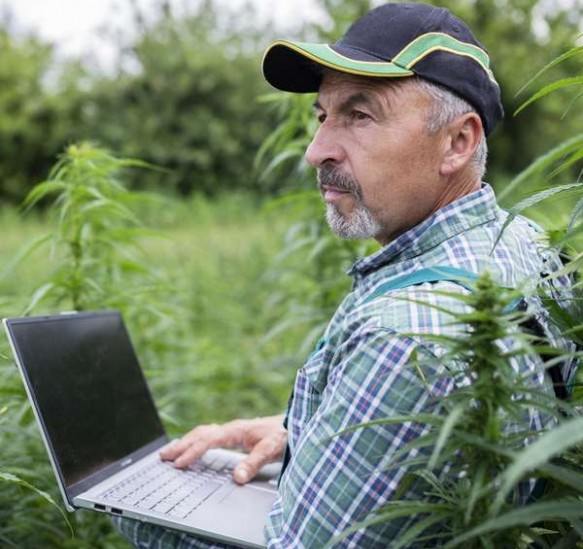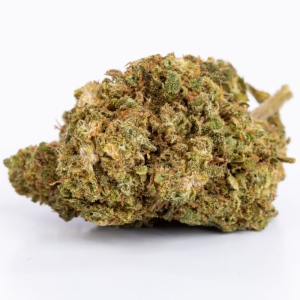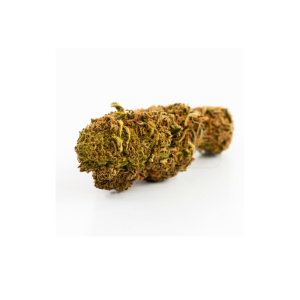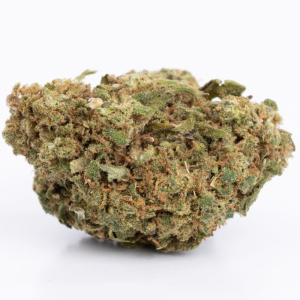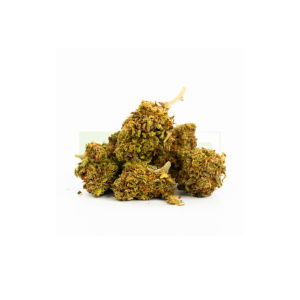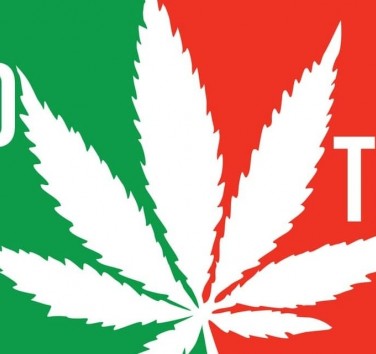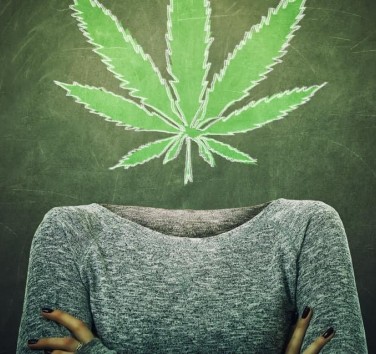Investing in CBD in France: summary of opportunities
Investors wishing to enter the cannabidiol market can count on outlets estimated at several million consumers. The latter are increasingly informed about the properties of the molecule and the absence of any harmfulness, provided there is flawless traceability and compliance with the regulatory THC dosage. The abundance of the raw material and the possibility of going "Pure Player" complete the advantages of investing in CBD in France. Decryption…
#1 CBD: massive demand that is not abating
Investors, entrepreneurs and funders interested in the French cannabidiol market have often been discouraged by the lack of information on demand. The study carried out by the Interprofession of hemp trades (Interchanvre) and disseminated by the very serious media LSA Conso has therefore made up for this lack.
We learn, for example, that France has nearly 7 million regular or occasional consumers of cannabidiol-based products, i.e. just over 12% of the population, compared to an average of 16% in the Union. European. This is an honorable performance in a context marked by persistent legal uncertainty, as we will develop later in this article.
.jpg)
#2 The image of CBD, gradually rehabilitated
Despite the absence of any psychoactive or addictive effect, CBD has long suffered from its affiliation to the plant Cannabis L. Sativa. However, the substance's image has benefited from a nice rehabilitation since the end of the 2010s thanks to three main factors:
- The enthusiasm of the scientific community has resulted in numerous studies evaluating the therapeutic potential of CBD. The first conclusions, widely disseminated in the general media, did the industry a lot of good. These promising results (sleep cycle, stress management, analgesic and anti-inflammatory effect, etc.) have also prompted the Ministry of Health and Solidarity to launch a major experiment to assess the potential of CBD in a wide spectrum of indications formulated by the National Agency for the Safety of Medicines and Health Products (ANSM).
- The position of the World Health Organization (WHO), which explains through its expert panel on drug dependence that CBD "has no abuse potential and is not harmful to health". You can consult the press release in its entirety.
- The arrival on the market of players who benefit from a high level of trust, such as Carrefour, Monoprix and E. Leclerc.
#3 The availability of the raw material in France
France accounts for nearly 60% of European hemp production, the raw material from which cannabidiol is extracted. Hemp cultivation is deeply rooted in the history of France. Did you know that the term "Cannebière" literally means "Avenue des chanvriers"?
In detail, France has some 18,000 hectares of cultivation, far ahead of countries that are more publicized for their hemp cultivation, such as Italy (4,000 hectares) and especially the Netherlands (3,833 hectares) .
For professionals in the CBD industry, the availability of the raw material means relatively competitive purchase costs, continuous supply flows throughout the year and an attractive carbon footprint. Warning: despite this availability, the material cost remains abnormally volatile in France and varies a lot according to the legal news on CBD.
#4 The "pure player" option to reduce loads
Investors and entrepreneurs who wish to enter the cannabidiol market can open a physical store or choose the "Pure Player" model, with an online store without a physical presence.
This alternative makes it possible to reduce the costs relating to the commercial premises but can deprive the brand of certain decisive advantages in the sector such as visibility, the relational side and above all the advice service expected by consumers with little or no experience.
.jpg)
Should we invest in CBD in France despite the legal uncertainty?
Let's take a little step back to measure the problem of the legal saga surrounding the legalization of CBD products in France.
In 2018, the Court of Justice of the European Union (CJEU) gave a favorable conclusion to the profession by lifting the ban on the marketing of CBD products in the "Kanavape" case. In short, the Member States could no longer prohibit the transport and marketing of cannabidiol products with a THC concentration of less than 0.3% (guarantee of the absence of any psychotropic effect) in the name of the free movement of goods.
On December 30, 2021, a ministerial decree relaunched the saga by banning the marketing of pure cannabidiol leaves and flowers. Seized by angry professionals, the Council of State quickly suspended the ministerial ban on a provisional basis.
Today, the sector is still awaiting a final decision to lift the status quo and perpetuate the legality of CBD in France. If cannabidiol is now perfectly legal in France, the uncertainty does not allow professionals to plan or launch growth investments for fear of an unfavorable decision in the near future. Banks are reluctant to finance projects around the CBD for these same reasons, which pushes entrepreneurs to resort to foreign credit institutions.
Beyond the legal uncertainty, investors wishing to get started will likely have to deal with exponentially intense competition. According to Interchanvre, the number of stores specializing in CBD products has increased from 400 in 2020 to more than 2,500 in 2022, a meteoric growth of more than 600% in two years. The arrival on the market of supermarkets such as Carrefour and especially Monoprix with its 250 "CBD spaces" largely contributes to this competitive intensity.

